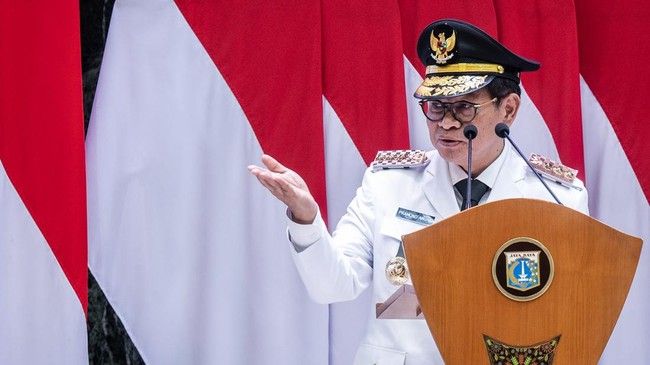Jakarta, Indonesia Sentinel — Jakarta Governor Pramono Anung has announced a property tax exemption for residents whose homes have an assessed value (NJOP) of less than Rp2 billion ($126,000), as well as apartments and flats valued below Rp650 million ($41,000).
The policy, outlined in Governor’s Decree No. 281 of 2025 and signed on March 25, aims to ease the financial burden on middle- and low-income households in Jakarta.
“If your house has an NJOP below IDR 2 billion, then the property tax will be waived,” Pramono said during a visit to Tambora Public Housing in West Jakarta on Wednesday. “Similarly, if an apartment’s NJOP is below IDR 650 million, it will also be exempt from property tax.”
Support for Lower-Income Households
Pramono emphasized that most apartments and flats with an NJOP under IDR 650 million are occupied by lower-income residents. The policy, he said, aligns with the Jakarta government’s broader goal of improving social welfare, particularly for middle- and low-income families.
“This means that for the majority of Jakarta residents—except those who are financially well-off—we are eliminating property taxes,” he added.
The governor expressed hope that the policy would provide long-term benefits, reinforcing his administration’s commitment to prioritizing the well-being of all citizens, particularly those in need.
Read Also:
Limits on Tax Exemptions
However, the tax exemption does not apply to individuals who own multiple properties. Each taxpayer is eligible for a tax exemption on only one property, specifically the one with the highest NJOP, based on Jakarta’s tax system records as of January 1, 2025.
For second properties, owners will receive a 50% tax reduction, while full property tax rates will apply to third properties and beyond.
“The first property is fully exempt, the second gets a 50% reduction, and for the third and beyond, full taxes apply. Because by that point, they are financially capable,” Pramono explained.
With this property tax exemption initiative, Jakarta government is waiving property taxes on a significant portion of homes and apartments for middle-class residents, ensuring that only wealthier homeowners continue to pay the full amount.
(Raidi/Agung)


























